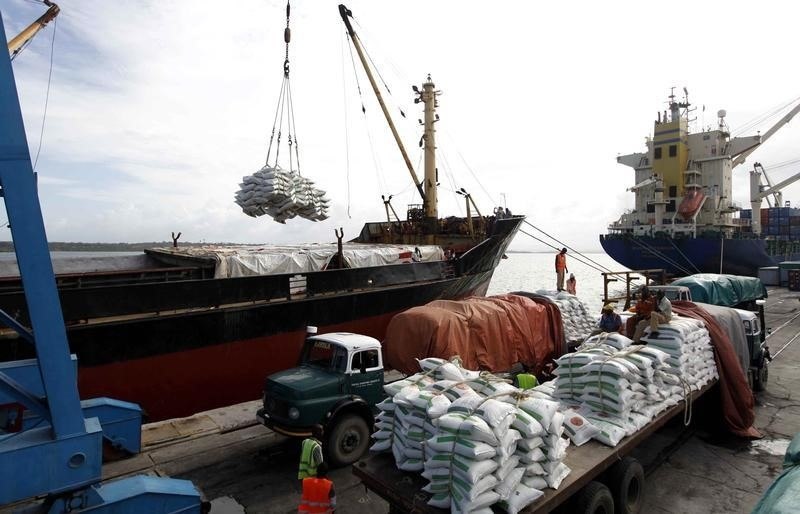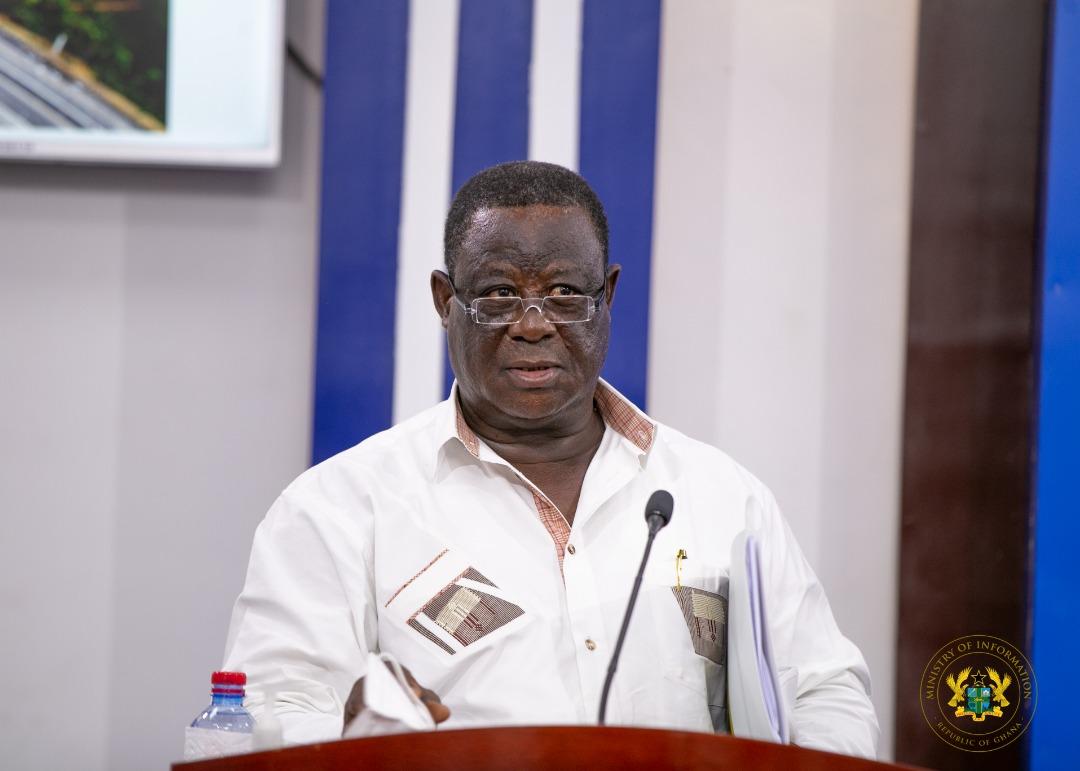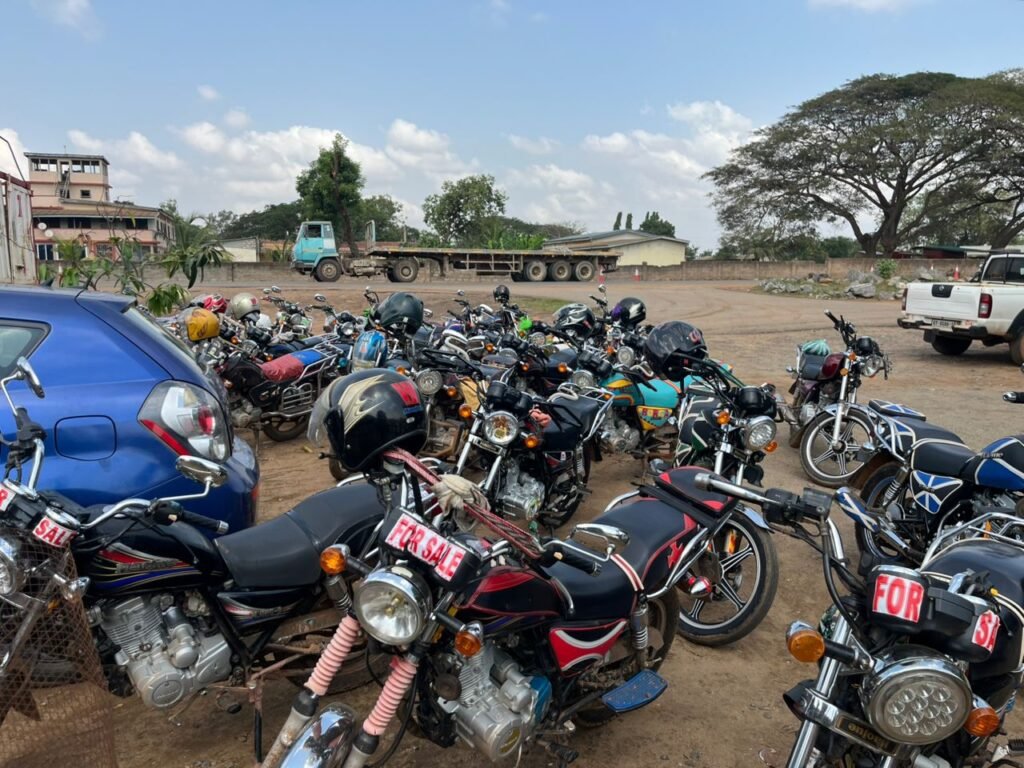
- Kenya's bold port privatisation strategy aims for $10 billion in annual revenue by 2030.
- President Ruto plans to attract private investors to upgrade key ports.
- Kenya's port transformation sparks debate among stakeholders.
To increase the competitiveness of its marine sector and produce at least $10 billion annually by 2030, Kenya has restarted the leasing process for its major ports.
Kenya has submitted proposals to lease portions of the Mombasa and Lamu ports to private operators, and it is anticipated that a landlord-type port management system will be implemented to increase the competitiveness of the Northern Corridor.
The administration of President William Ruto is looking for private investors to operate and manage five crucial port facilities through a public-private partnership: Mombasa and Lamu Ports, Dongo Kundu Special Economic Zones, Kisumu Port, and Shimoni Fisheries Port.
President Ruto noted that the action would transform the port facilities, which have struggled with congestion and longer dwell periods for goods, into world-class ports.
Nine assets are now being leased by the Kenya Ports Authority (KPA), and interested parties have until October 12 to submit their bids. These comprise berths 1-3 of the Lamu Container Terminal, the Lamu Special Economic Zone, berths 11–14 of the Mombasa Port, and the first container terminal at the Mombasa Port.
According to KPA officials, the improvements are being carried out in accordance with the authority's 25-year port master plan.
Players have previously voiced concerns about privately held companies running KPA facilities, claiming that the lack of transparency in the leasing deal may hurt KPA's bottom line.
However, the decision has sparked conflicting reactions among port stakeholders, with some casting doubt on the procedure given that the parastatal is the sole government organisation making money. KPA made more than $15 million in earnings over the previous fiscal year.
“We are waiting to see the miracle behind it, considering previous government institutions which were privatised have never recovered. But if well managed, it will bring in efficiency,” said Shippers Council of Eastern Africa CEO Gilbert Langat.
Kenya has already courted international logistic businesses from Dubai and Saudi Arabia for a potential investment in the Lamu Port, but it is unclear what private companies would do to make Mombasa Port more energetic.
Once the agreements are completed, DP World may be granted operating privileges at many of Kenya's important ports, including Mombasa, Lamu, and Kisumu.
The landlocked nations of Uganda, Burundi, and Rwanda prefer to utilise the Tanzanian route, putting heavy rivalry on Kenya's commerce route. As a result, total cargo transiting via Mombasa decreased to 33.74 million metric tonnes in 2022 from 34.76 million tonnes in 2021.
Read Full Story



















Facebook
Twitter
Pinterest
Instagram
Google+
YouTube
LinkedIn
RSS